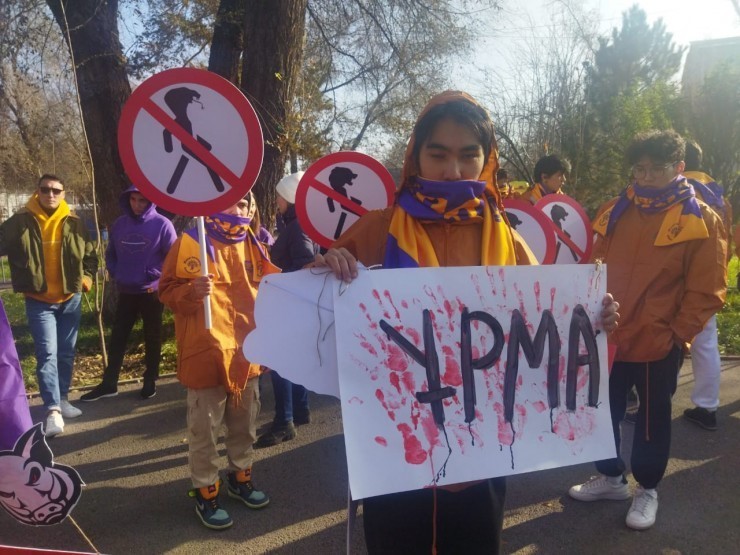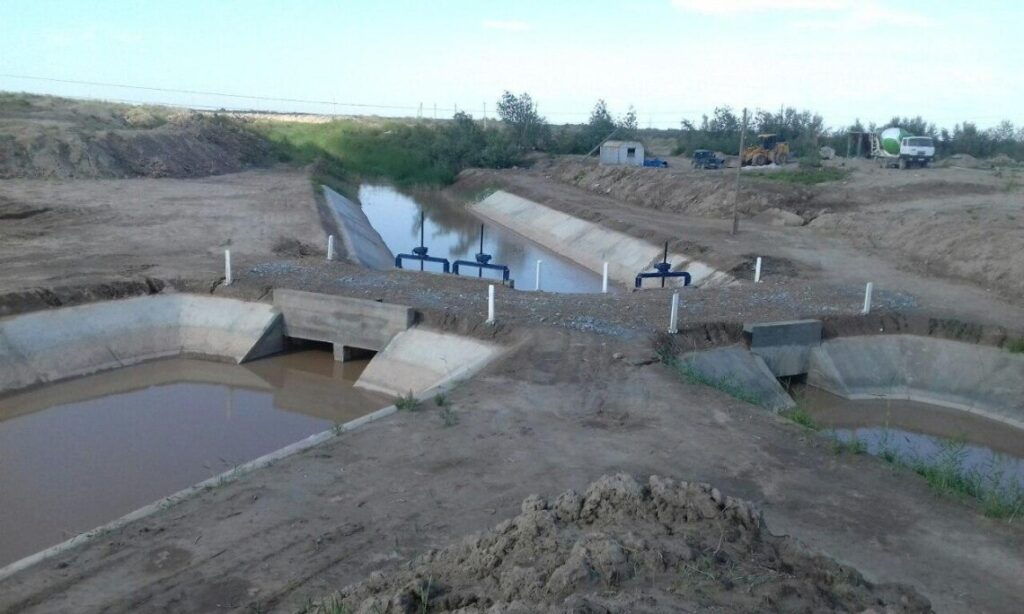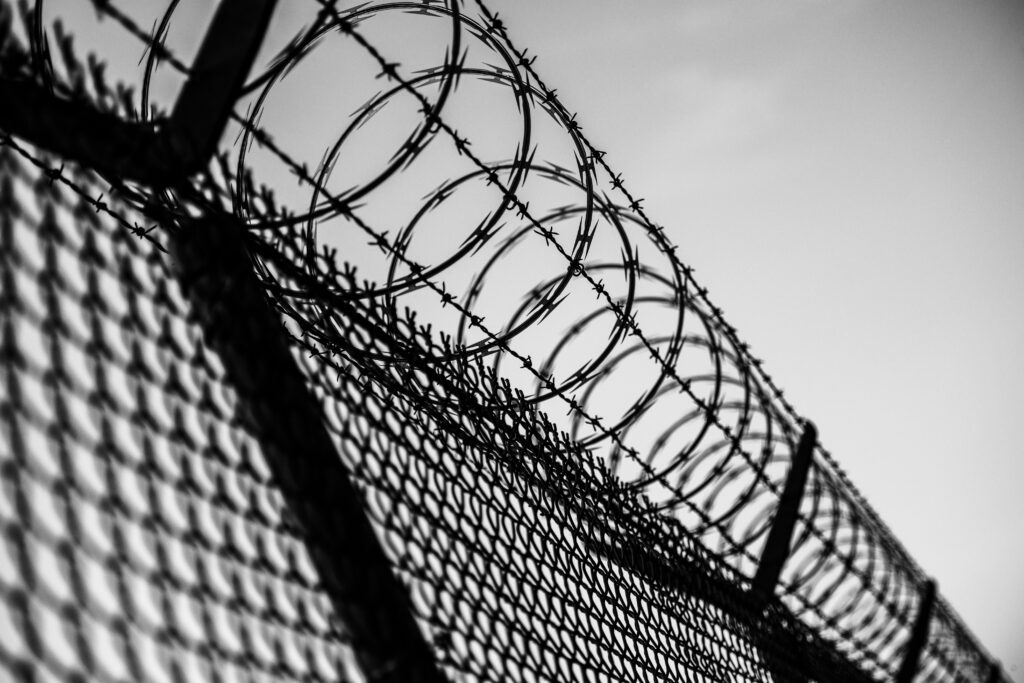In a tale which reaches from “fraud on an epic scale” in the UK to Donald Trump’s shady former business partners, a long-running case against fugitive banker and oligarch Mukhtar Ablyazov and his associates recorded another verdict in the New York Southern District court earlier this month. Yet despite having judgments against him totaling $4.9 billion in Britain alone, over a decade since he fled the UK on a fake passport to avoid three concurrent 22-month sentences for contempt of court, the former Minister for Energy, Industry and Trade in Kazakhstan - who has done business with multiple individuals sanctioned in the West - remains a free man, bemoaning his plight to be a case of “political persecution”. In the early days of Wild West capitalism following the collapse of the USSR, Ablyazov abandoned a career as a nuclear physicist to register a company selling fax machines, photocopiers and computers. By 1998, together with a consortium of investors, Ablyazov acquired a loan to buy Bank Turan Alem - later to become known as BTA Bank - in a privatization auction for a cut-price fee of $72 million. In 2005, he became chairman of the bank following the death of his predecessor, Yerzhan Tatishev, whom Ablyazov has been sentenced in absentia to life in prison in his homeland for ordering the murder of. In May 2019, the District Court of Fairfax, Virginia found Ablyazov’s sister, Gauhar Kusainova guilty of handling over $6 million of assets stolen by her brother from BTA. Already, in September 2018 a UK court had fined Ablyazov’s son-in-law, Ilyas Khrapunov, $500 million for helping him breach an asset freezing order. Ilyas is the son of the former Mayor of Almaty, Viktor Khrapunov, who is accused of embezzlement schemes amounting to at least $300 million and comingling funds with Ablyazov in Trump Organization projects. Viktor and his TV anchorwoman wife fled to Switzerland in August 2008 - allegedly loading up a chartered plane with 18 tonnes of art and antiquities - to join Ilyas, who had established an entity called the Swiss Development Group (SDG) - company slogan: “It’s Good to be Swiss”. By 2014, the Kazakh authorities had identified 58 shell companies and subsidiaries said to be controlled by Ilyas, (that’s nothing compared to Ablyazov’s 1000+) one of which was Triadou SPV. In 2016, Nicolas Bourg, the former Director of Triadou testified the Khrapunovs’ had ordered him to move money out of the US after a California lawsuit was filed against them. “Triadou is a shell entity for SDG,” he said. In the latest round of litigation, seeking to discredit the plaintiff’s witnesses, Mr. Roman for the defense spoke of the “lengths to which BTA Bank was prepared to go to find… Mr. Ablyazov’s allegedly stolen money,” and claimed BTA had paid witnesses, including Ilyas former business partners, Frank Monstrey ($25M) and Felix Sater ($2.7M). Roman argued that “Triadou didn't even know about Ablyazov’s freezing orders in London” and Triadou’s rehabilitation of Flathotel, Cabrini, Syracuse and the Tri-County Mall were not the actions of a shell company. “Triadou doesn't have BTA's money”, he concluded;...






